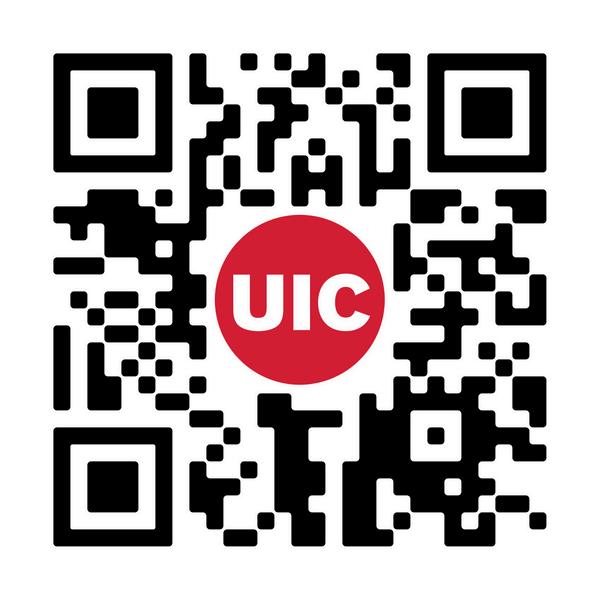Public Health Informatics
Fall: July 15
Spring: November 15
Summer: April 15
Current and future public health professionals need to recognize and interpret emerging technologies that impact public health.
The PHI Certificate program is intended for professionals with public health experience who wish to upgrade their informatics skills, individuals interested in a shorter course of study in public health informatics, and for those students enrolled in schools of public health in or outside the United States wishing to establish a public health informatics specialization with the agreement of their participating schools as part of their present degree program.
Students completing Certificate coursework receive academic credit which may be applied toward an MPH if the student later pursues a degree.
“The PHI courses were well planned and provided me with in-depth knowledge about how information systems work in hospitals and public health agencies. I learned the importance of technology in healthcare management, the underlying dynamics of HIS, and the tools required to specify the requirements for the development or adaptation of public healthrelated information systems. Above all, I am now very familiar with data definitions and standards and can discuss these issues knowledgeably with pure data specialists ”
SunandaGupta,MD,MPH | NationalConsultant,MakingPregnancySafe,WHO
Public Health Informatics
CERTIFICATE and COURSES
This certificate requires the following courses:
HPA 450. Public Health Informatics Certificate Integrative Paper. 0 hours.
Students will develop an integrative paper that will synthesize and apply the knowledge acquired from the program to address a public health informatics problem.
HPA 465. Health Information and Decision Support Systems. 4 hours.
Introduction to computer assisted management information and decision systems in health organizations: analysis and design of databases; data and information flow; reports; and uses microcomputers.
HPA 481. Development of Public Health Surveillance Information Systems. 3 hours.
Examination of the process and methods of designing and evaluating public health information surveillance systems
Select at least 9 credit hours of courses from the following:
HPA 436. GIS for Environmental and Public Health Professionals. 4 hours.
Aims to promote a critical understanding of the basic practices and techniques associated with GIA applications in the environmental and public health areas
HPA483.Managementof CommunicationSystemsforPublic HealthInformaticsApplications.4 hours.
Focusesontheexaminationand managementofcurrentinformation communicationsystemsandtheir applicationsinpublichealth informatics
HPA 485. Legal and Ethical Issues in Public Health Informatics. 3 hours.
Examination of the legal and ethical issues involved in the use of health related information in public health
HPA 486. Survey of Public Health Information Systems. 4 hours. Focuses on survey of various public health information systems with respect to their functionalities, planning, design, development, sustainability, interoperability, and management.
HPA 488. Public Health Information Systems Evaluation and Project Management. 3 hours.
Study of advanced level social vulnerability analysis techniques and their application for the protection of communities
HPA 563. Web-Based Public Health Information Systems. 4 hours.
Examination of web based applications in public health practice and factors in the design of web based public health education and database systems
HPA 564. Geographic Information System Applications in Public Health. 3 hours.
Advanced level GIS course to promote critical understanding of the major practices associated with GIS in the many applications areas found in public health
Program
Fall: July 15
Spring: November 15 Summer: April 15
HPA 565. Data Mining Applications in Public Health. 3 hours.
Presents the key public health information system sources, describes the process of datamining and introduces the student to a sample of datamining techniques








